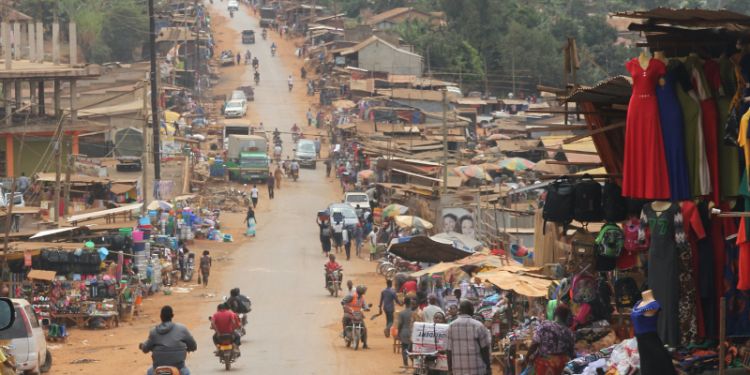Research on 'peri-urban turbulence' in Global South featured in Nature Sustainability

A new research paper seeks to shine a light on the ‘turbulence’ faced by communities living on the edges of cities in the global south.
Understanding rural-urban transitions in the Global South through Peri-Urban Turbulence has been published in the journal Nature Sustainability and seeks to present a new theory that could help reduce the vulnerabilities faced by people moving from rural areas to more urban communities.
Published by Dr Paul Hutchings, a lecturer in water, sanitation and health at the University of Leeds’ Faculty of Engineering and Physical Sciences, the paper says peri-urban zones, on the edge of urban settlements, are significant both in sheer magnitude of human population and in terms of being home to vulnerable populations with high rates of poverty.
The paper presents a framework that seeks to explain the rapid changes in natural, engineered and institutional infrastructure and the dip in service provision often found in these areas in the global south.
The ‘Peri-Urban Turbulence’ analytical framework can be used, the paper argues, to reveal ‘the deficiencies in services experienced by those living in the peri-urban and the implications for both the urban and the rural’.
Dr Hutching’s paper Understanding rural-urban transitions in the Global South through Peri-Urban Turbulence can be found on the Nature Sustainability website.
Picture via Unsplash.com/Antoine Plüss




